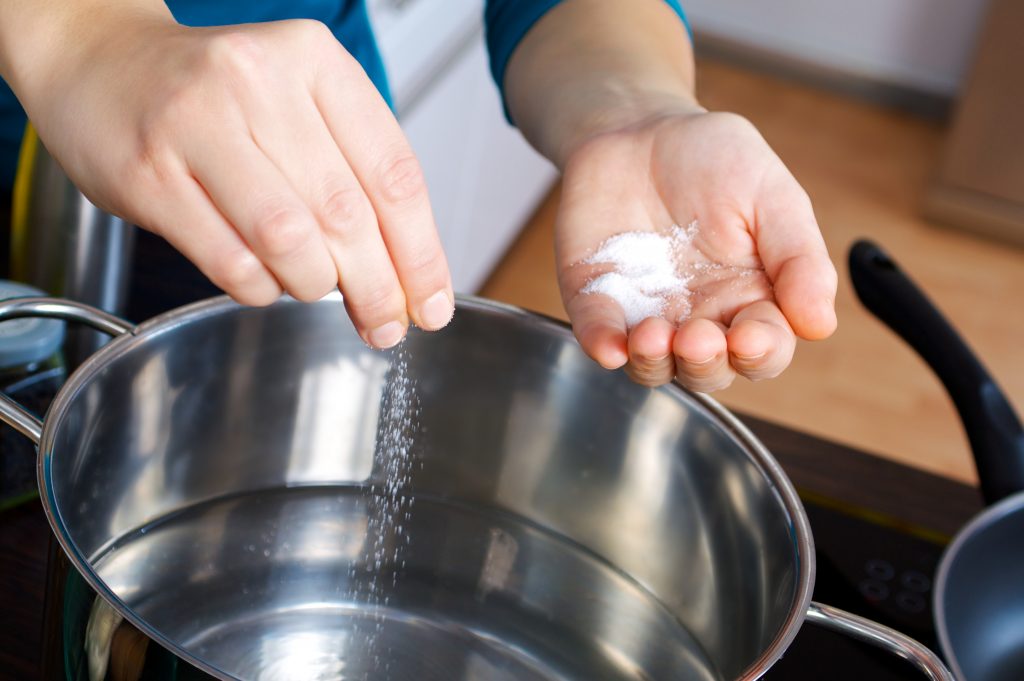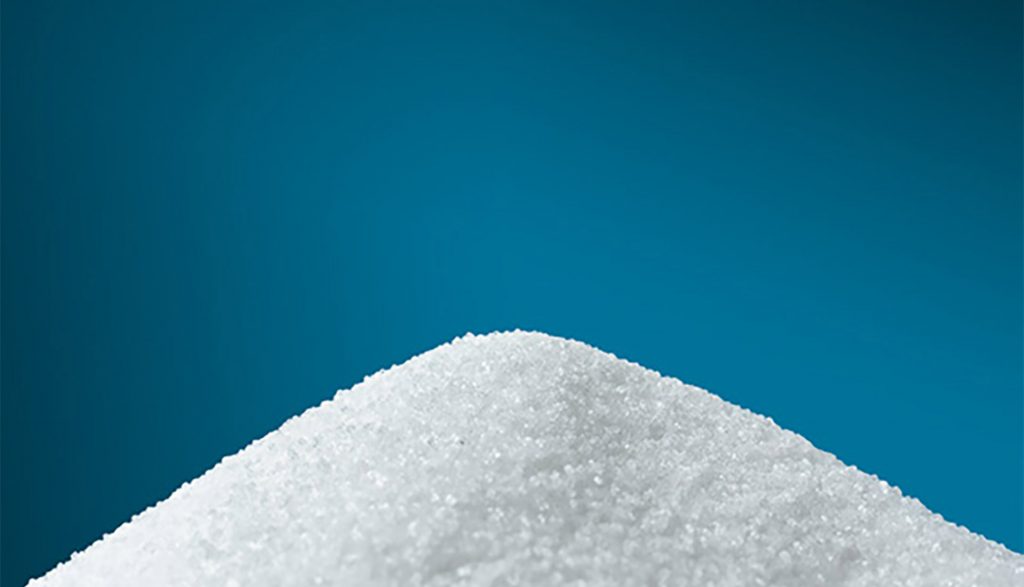Using dietary intake modelling to achieve population salt reduction- World Health Organisation Europe

The WHO Europe office have released a policy brief as a guiding document for countries to identify specific sources of salt in the diet, assessing the contribution to overall salt intake by a Salt Reduction Model. This process will allow countries to come up with targeted salt reduction interventions. The 5 steps to creating a […]
World Hypertension Day Promotion and Events

World Hypertension Day was on the 17th of May. A sample of promotion and events that took place are: Australia: “Because I Say So” video campaign For World Hypertension Day, The George Institute for Global Health, High Blood Pressure Research Council of Australia and the International Society of Hypertension have released a campaign video, […]
Cost savings and health gains estimated from achievement of the US Food and Drug Administration voluntary sodium reformulation targets

Pearson-Stuttard J et al recently published a paper in PLoS Medicine estimating the health and economic effects of the proposed US Food and Drug Administration (FDA) voluntary sodium reformulation. The US IMPACT Food Policy Model was used to estimate cost-effectiveness and health impact of three scenarios; 100% compliance with 10-year reformulation targets, 50% compliance with […]
Salt-related knowledge attitudes and behaviours: does gender have an influence?

As part of the Science of Salt series, McKenzie B et al have published a thematic review focusing on salt related knowledge, attitudes and behaviours (KAB) in the Journal of Clinical Hypertension. Studies included in the Science of Salt Weekly were assessed from its commencement, June 2013, till August 2017. A range of KAB questionnaires […]
Excessive levels of salt in bread- findings from a global survey

A new survey through the World Action on Salt and Health (WASH), Queen Mary University London, found excessive levels of salt in bread. Bread from 32 countries and regions were included in the survey, with over 2,000 bread products assessed including; white, wholemeal, mixed grain and flat breads. The saltiest bread was a Rosemary Foccacia […]
Assessment of South Africa’s mandatory salt reduction policy: meeting salt targets linked with iodine deficiency

Charlton K et al recently published a study in BMJ Open, examining the impact of the mandatory salt reduction policy in South Africa on iodine status. This study used a nested cohort design within WHO’s 2015 Study on global AGEing and adult health. In total, 875 adults provided 24-hour and spot urine samples. Salt intake, […]
“Potassium Salt” – The FDA Citizen Petition for Potassium Salt Labeling

NuTek Food Science have been petitioning the US Food and Drug Administration (FDA) to allow labeling of Potassium Chloride as Potassium Salt. NuTek are petitioning for this voluntary and optional labeling given literature that shows consumers better understand and accept the term salt, as seen for sodium chloride, rather than seeing potassium chloride as a […]